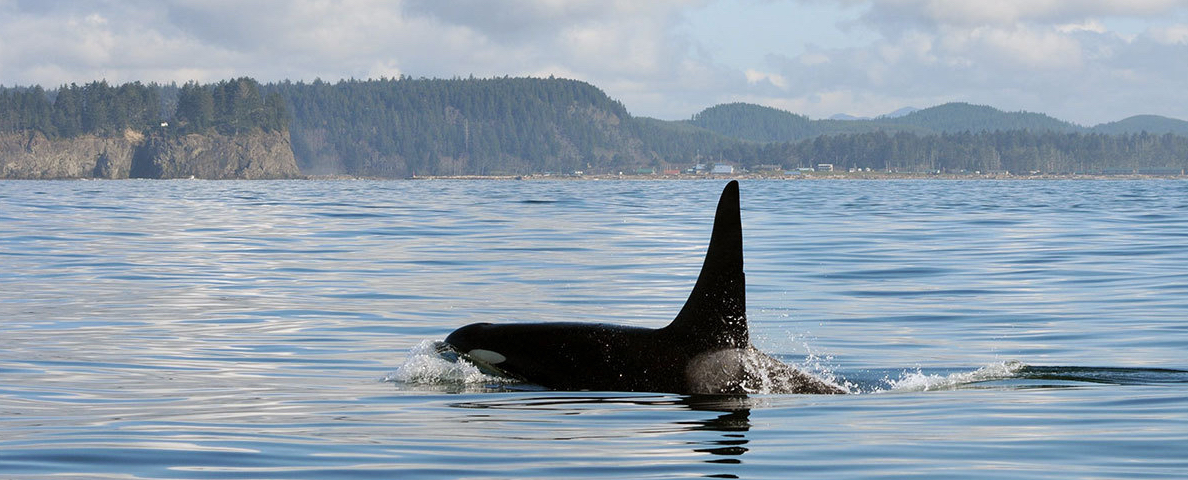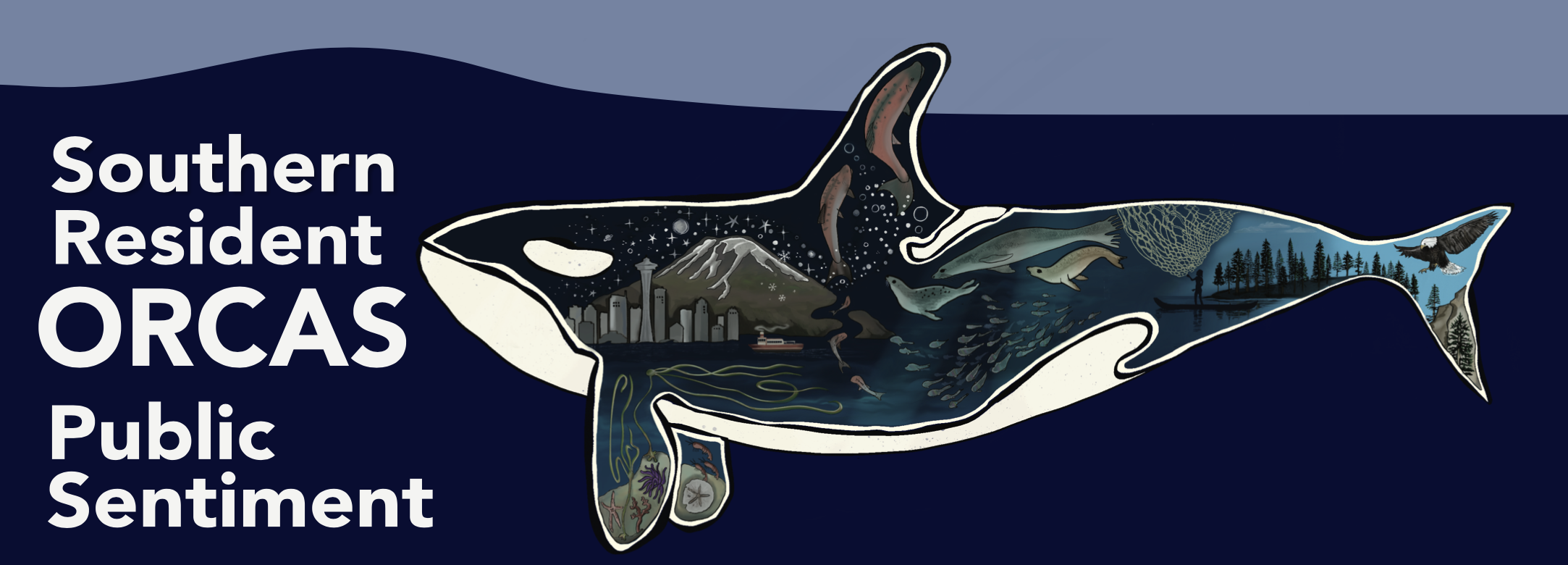UPDATE, Oct. 6 The newest calf among the Southern Resident killer whales was officially designated J58 after being seen alive and healthy on Sunday. The calf is the offspring of J49, a 15-year-old female named Eclipse who has one surviving calf, J51 or Nova. Ken Balcomb of the Center for Whale Research had been withholding […]
September 15, 2020
 ">
"> 
 ">
">  ">
">  ">
"> 